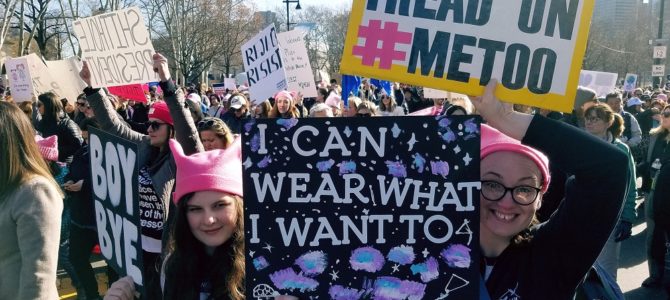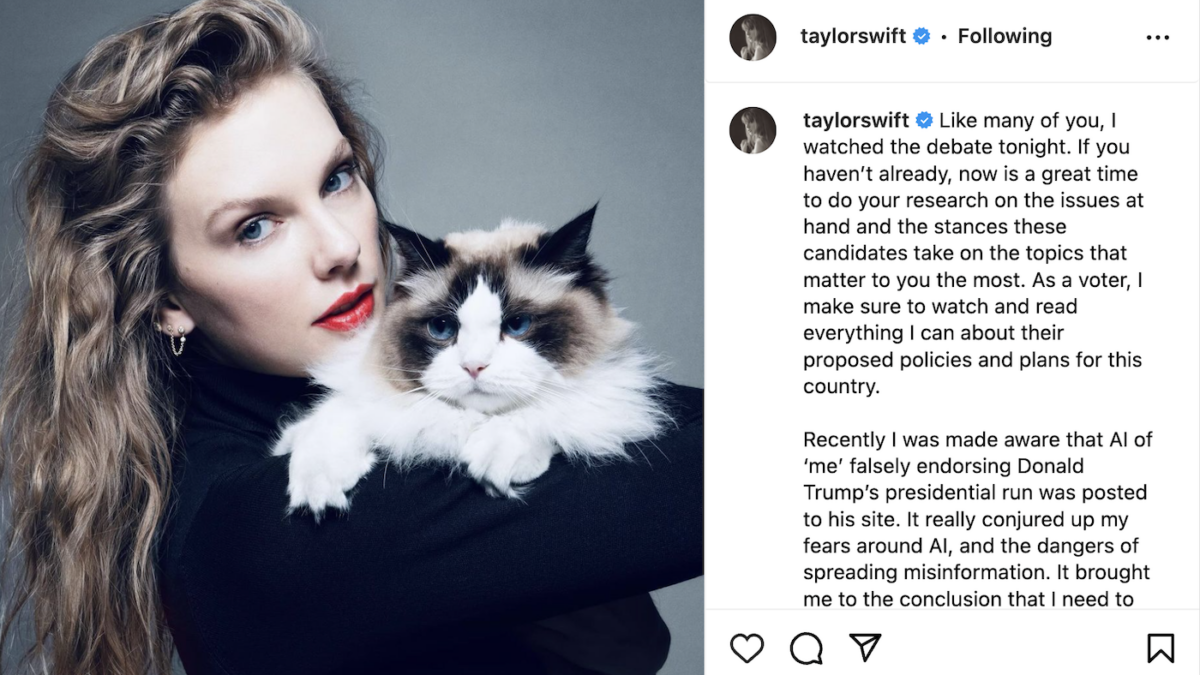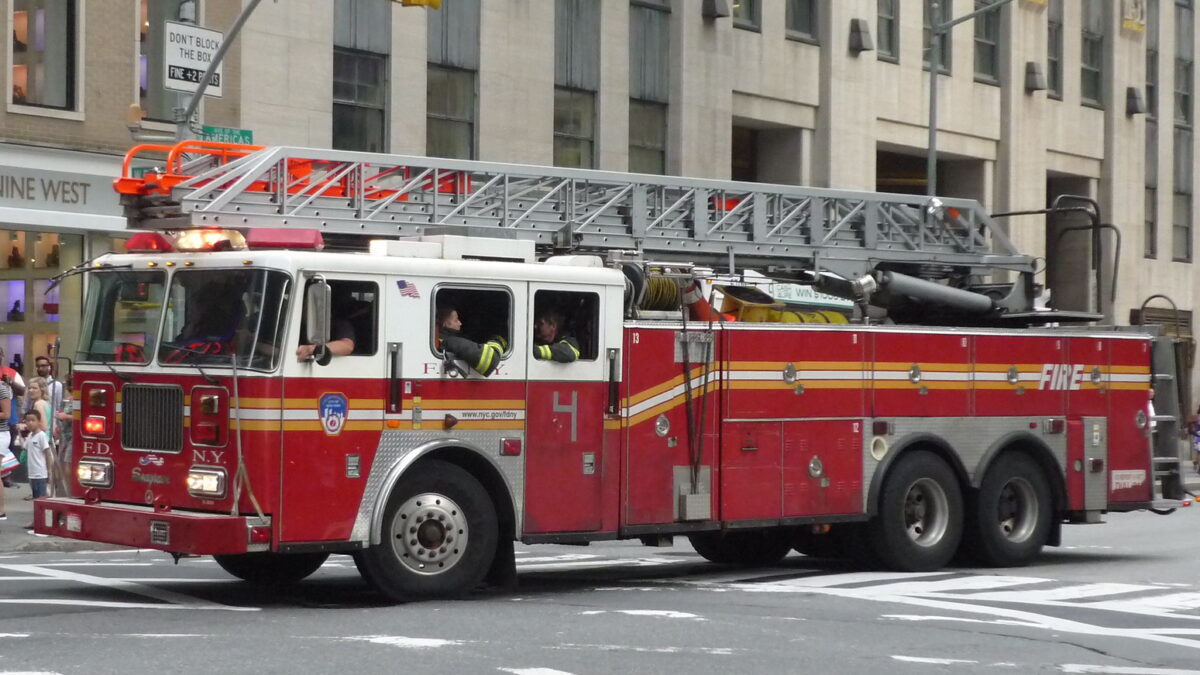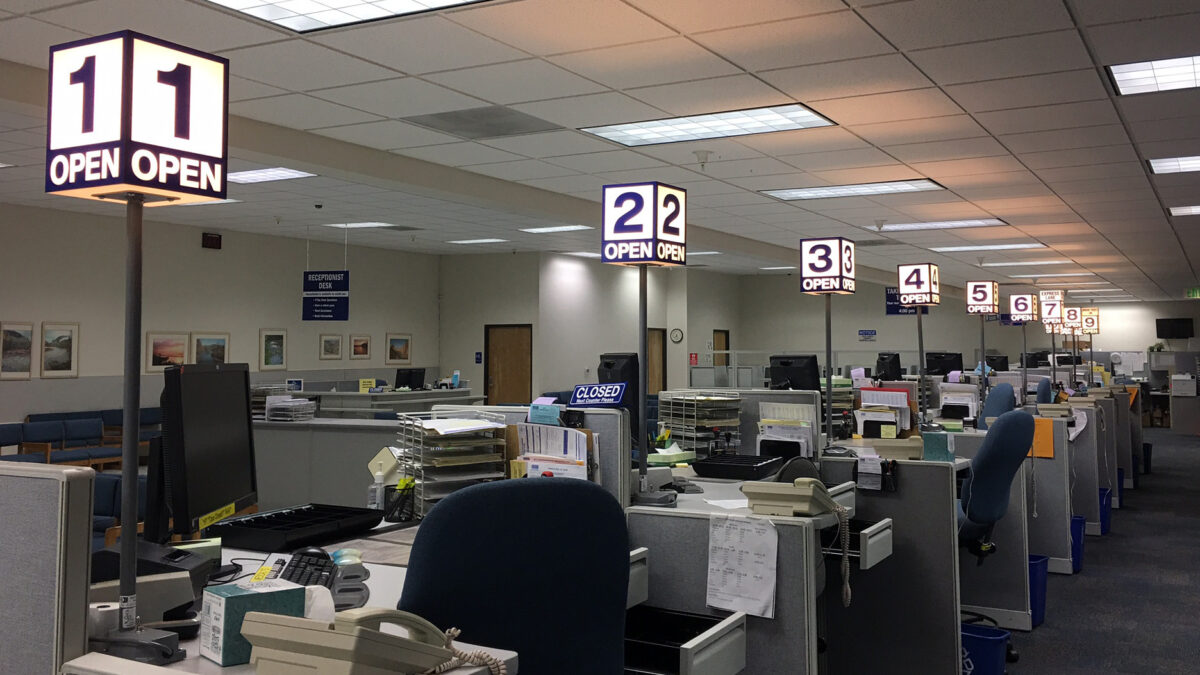
White women who vote Republican are facing backlash and bullying because they’re not falling in line with the sisterhood as it wages war against the dreaded patriarchy.
Confounded by this lack of unity, Democratic women want to know what’s wrong with white women and what can be done about it. When the midterms showed a fraction of white women holding fast to their Republican loyalties, black women were offended by the betrayal.
A writer at The Daily Beast wrote an open letter asking, “Dear White Lady, what are you doing to us?” Slate doubled down, accusing white women of self-loathing and hypocrisy—“And, of course, a racist view of the world that privileges white supremacy over every other issue.”
Actress Jada Pinkett Smith said she’s “crushed” that white women don’t vote with their black sisters even though they, as women, should understand what it feels like to be oppressed. Smith admitted she has her own racism to overcome—she’s triggered by white women with blonde hair—but she tries to get past her “biases.” The implication here is that white women can’t get past theirs.
It’s Not Racist to Vote Republican
Calling white people who vote Republican racists is nothing new, but the focus has narrowed and the bullying has intensified as elections tighten. Democrats need all their identity groups to vote lockstep to overcome the “oppressors” who keep America from being the great progressive utopia they believe it can be. Those oppressors, of course, are straight white men.
White women are called a problem in this struggle because they’re not all complying. They have good reasons for this, but some Democrats are convinced racism is the real cause. To slap them back in line, some Democratic women are hurling shame on these divergent voters. By employing white guilt—the fear of being seen as a racist and of losing social standing and the presumption of decency because you’re labeled a racist—they hope to force white women back into their group niches. Once there and drenched with guilt, they are expected to dutifully conform to the anti-patriarchal groupthink that will save the country from its never-abating sins of racism and sexism.
“To understand the ‘white women story,’” Julie Kohler writes at The Nation, “we must first acknowledge that white supremacy remains the prevailing force in electoral politics.” This isn’t true. The real story we need to understand is that of intersectionality and how its political activism is influencing our elections.
Intersectionality is the idea that a person’s moral authority, his or her value and legitimacy in society, is determined by how oppressed he or she is. You are judged by your victim status. Straight white men (a.k.a. the patriarchy) are the oppressors and have no moral authority in determining America’s national identity or its future.
The most victimized, with the greatest value to society, are gay, black women, although the fight for the most victimized group shifts all the time. A transgender Muslim woman, for example, might surpass the gay, black woman in social standing. White women, however, have less legitimacy than black women, and on and on it goes.
The Hierarchy of Victims
Despite this hierarchy of victimization, intersectionality demands that all victimized groups form a coalition to fight the patriarchy and scrub America of its inequalities and cruelty. Any form of legitimacy given to the white man must cease for America to be redeemed. This makes one wonder if a straight white man will ever been nominated for president by this new Democratic Party.
Intersectionality teaches that because America was once a racist, sexist, and homophobic nation, it lost its moral authority by failing to apply its democratic principle of individual freedom to everyone in the nation immediately. Blacks suffered. Women suffered. Revolutionaries in the civil rights and women’s liberation movements rose up to heal those wounds and right those wrongs. They succeeded.
One would think our nation has grown and learned from its past sins, that we now have freedom and equality for all because the very foundation of Jeffersonian liberalism compelled change. But, according to intersectionality, that didn’t happen. Racism and sexism are ingrained in our institutions, in the very fabric of our nation, even in our DNA. The continued legitimacy and power of white men is cited as evidence of this ongoing racism.
Intersectionality and the Democrats who adhere to its dogma with a religious fervor recognize that two American identities are at war—the one held by progressives who see America as an oppressive nation that needs enlightened victims to take power away from the patriarchy to establish equality for all, and the other held by conservatives who see America as a land of individual liberty that has overcome its past sins of racism and sexism. These two political groups now share no common national identity; they seek no compromise with the other side. This is a war and, according to progressives devoted to intersectionality, white women are on the wrong side.
“Today the Left and the Right don’t work within a shared understanding of the national purpose; nor do they seek such an understanding,” Shelby Steele writes in “Shame: How America’s Past Sins Have Polarized Our Country.” “Rather, each seeks to win out over the other and to define the nation by its own terms.”
Is America Intrinsically Racist and Unfair?
Many on the left want to transform and re-imagine America because they think it is intrinsically unfair. To save America from itself, from its own racism, progressives must be in power. Until then — to them — America will remain a black spot in the world, stigmatized by its oppression of various marginalized groups.
This dark view of America is what causes some black women to be confused by the voting habits of majorities of white women. As Smith lamented, “Don’t they see they’re part of the oppressed groups?” This is one reason black women vote nearly 95 percent for Democratic candidates. The Democratic Party is painted as the party of intersectionality. It’s the party of transformation. It’s the party of salvation. It’s the last, great bastion of hope to save the country from the evil white man.
Such a view of America is, of course, a lie. White racism is not today the dominant cause for black Americans’ pervasive struggles. Women are not oppressed because they on average make different professional choices than men do on average, and therefore (sometimes) make less money. There is no legal discrimination in the United States that forces victimized groups to live in poverty, disappointment, or despair. As Steele writes:
Blacks have now risen to every level of American society, including the presidency. If you are black and you want to be a poet, or a doctor, or a corporate executive, or a movie star, there will surely be barriers to overcome, but white racism will be among the least of them. You will be far more likely to receive racial preferences than to suffer racial discrimination.
Those who doubt this will always point to today’s long litany of racial disparities. Blacks are still behind virtually all other groups by the most important measures of social and economic well-being: educational achievement, home ownership, employment levels, academic test scores, marriage rates, household net worth, and so on. The fact that seven out of ten black women are single, along with the fact that 70 percent of first black marriages fail (47 percent for whites), means that black women are married at roughly half the rate of white women and divorced at twice the rate.
But, Steele continues, “Today’s racial disparities are due more to dysfunctions within the black community, and—I would argue—to liberal social policies that have encouraged us to trade more on our past victimization than to overcome the damage done by that victimization through dint of our own pride and will.” While individual racism and sexism can be found in America—as it can in every part of the globe—systemic and institutional racism, the kind that keeps people from being free to pursue their interests based simply on their race, simply doesn’t exist here today.
The reason many white women don’t vote for Democrats is they see the truth—that identity-based victimization is mostly a fabrication. Many such women don’t want government empowered to right some imaginary wrong. White women aren’t proving they’re racist or self-loathing when they vote Republican. Many are voting to conserve an America that has overcome its oppressive past and now values individual liberty for all. Many vote for platforms, agendas, and policies that support this view of the country and seek to retain that liberty, not sacrifice it to rectify nonexistent inequalities that result from discrimination.
We Won’t Be Shamed Into Voting For Democrats
The white women who rely on evidence, experience, history, and reason to determine truth instead of putting ideology before facts will not be shamed into voting with the intersectionality coalition of victims. The notion that they’re oppressed by the patriarchy just won’t fly with such voters. They know there’s no patriarchy holding them down. They know white men as a group aren’t oppressing black people as a group. They see the progressive agenda for what it is—a quest for power, not liberty—and they will fight for the American national identity of individual freedom that has made our nation great.
Life is full of inequities because that’s the nature of life. That’s what it means to live as individuals, each of us expressing ourselves in our own unique ways. When that happens, when individuals are free to live without government imposing obstacles through policies and regulations meant to equalize everyone, true diversity that goes beyond sex and skin color is the result. Some people will succeed. Others won’t. Some will be rich. Others will be poor. This is life. Progressives deny those realities.
Not all white women see the truth, however. Many vote for Democrats’ lies. One reason is devotion to abortion, but another, more subversive, one is white guilt. Women who value their social status over their own liberty from government power will cower to the shame imposed on them by the devotees of intersectionality.
Women are typically particularly sensitive to appearances. They want to be seen as nice, tolerant, accepting, caring, and, of course, not racist. That would be the worst. So many fall for this manipulation. They don’t want to be labeled as one of those people who can’t overcome America’s racist history. They don’t want the stain of racism on their pure image. They run from the horror of being stigmatized.
The white women most prone to this are wealthy suburban women who value status above all else; academics who can’t bear to be shunned from the in-group of intellectuals; young women who let emotionalism and devotion to the group override their rationality; religious women who are more concerned about appearing decent and socially acceptable than standing for the truth; and successful professional women who also care more about status than even their self-interests. To such women, social legitimacy, group acceptance, and moral authority can mean more to them than their own freedom.
My challenge to women of all colors, creeds, and sexual orientations is to put aside agendas for facts. Don’t let false shame, fear of stigmatization, or lies about the patriarchy determine your political choices. Vote as individuals, not as groups. Vote for liberty, not egalitarianism. Mostly, vote according to the truth, not ideological lies fashioned to strip you of your individuality and our nation of its diversity.









